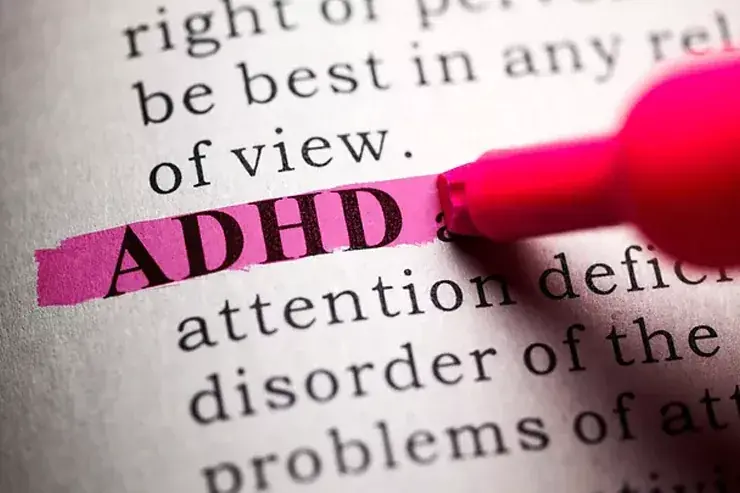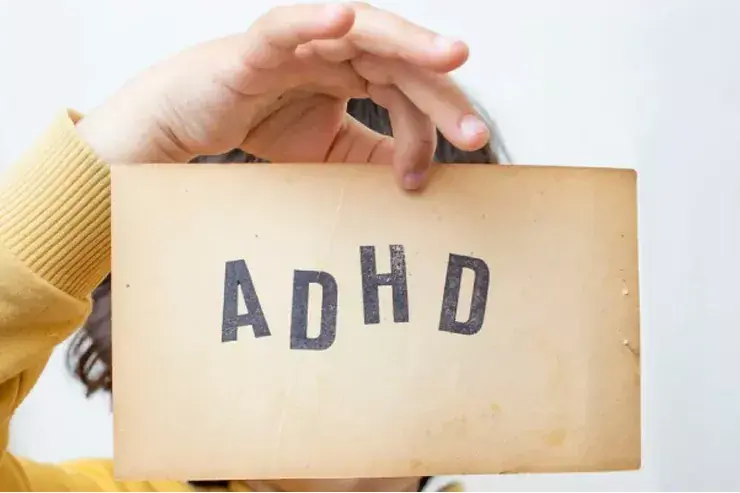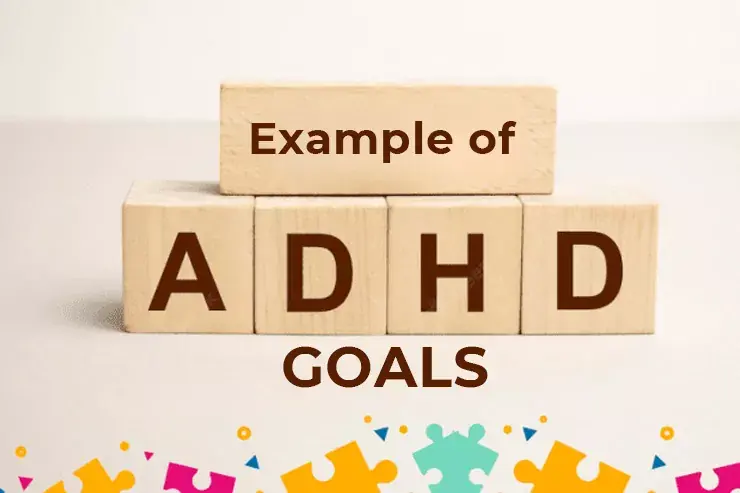How to Set Goals with ADHD
- Eric L Cox

- Oct 28, 2023
- 3 min read
Updated: Oct 29, 2023
Setting goals is essential to making progress personally and professionally. Goals are like a roadmap that will point you in the direction of success. With that in mind, living with attention deficit hyperactivity disorder (ADHD) can be a challenge.

And, it can be especially tricky when it comes to setting and achieving goals. That said, with the right approach and strategies, setting goals with ADHD is possible.
Is it hard to set goals with ADHD?
Living with ADHD can make it harder to focus and maintain the tenacity to stick to goals. On top of that, it can be hard to remember important tasks and stay organized in order to get things done. A lack of motivation can also get in the way of completing tasks and achieving goals.

Take an honest look and evaluate yourself. What are some of your strengths and weaknesses? What do you need to work on? Are these skills simple to learn, or will they require a great deal of hard work? While the journey to self-improvement is often a difficult one, the benefits make it all worth it.
Read More: How to Set Monthly Goals?
Goal-setting strategies for people living with ADHD
When setting goals for people living with ADHD, it is advisable to break larger goals into smaller, more manageable ones. This will help maintain focus and make the entire goal much more achievable.

Additionally, it is recommended to keep a reminder system in place and use time-management tricks to help manage time efficiently. Whether that be using a timer or a calendar, it will help you stay on track and keep everything organized.
May Helpful: Goal Setting: The Key to Achieving Your Dreams
Setting successful ADHD-friendly goals in 2023 and 2024
When setting goals for the next few years, it is important to be realistic. We suggest setting small, achievable goals that are broken up throughout the year. This will make it easier to stay motivated and track progress. Some examples of smaller goals could be learning a new skill, running a 5K race, or starting a new hobby.

Further, it may be beneficial to enlist a friend or family member to hold you accountable and help you reach your goals. Successful goal-setting for people living with ADHD When setting goals, there are a few important things to keep in mind:
Stay realistic about what you can achieve and be specific about the milestones you want to accomplish.
Break up large goals into smaller goals that are achievable within certain timescales.
Time-management skills are essential, as is a good reminder system to ensure that tasks and goals are completed on time.
Don’t forget to celebrate successes and reward yourself for completing each milestone!
What are some examples of ADHD goals?
Goal examples for people living with ADHD might include creating new healthy habits (e.g., cooking healthier meals), reading more books, learning a new skill or hobby (e.g., playing an instrument or painting), getting better grades in school, exercising regularly, or saving money for a rainy day.
Another approach to setting ADHD-friendly goals is to consider what interests or motivates you. If there is something that you find challenging and exciting, set a goal for yourself to learn more or get better at it. If there is something you’ve been procrastinating on or avoiding for a long time, setting a goal of completing it can help you break through the procrastination and make progress.

No goal is too small or too big. Whether it’s making sure you don’t forget to do the laundry, mastering a difficult skill, or something in between – setting realistic goals and taking steps to achieve them can make all the difference in achieving your highest potential and ultimately having a life of satisfaction.
Ultimately, goals should be personalized and tailored to an individual’s interests so that the motivation remains strong throughout the duration of the goal.
Conclusion
In conclusion, setting goals with ADHD doesn’t have to be challenging. With the right strategies and approach, it’s possible to stay on track and achieve success. Setting realistic ADHD-friendly goals that take into account personal interests and abilities will ensure that you’re able to focus on what’s important and stay motivated each step of the way.
One way to develop ADHD-friendly goals is to break big goals down into smaller, more manageable pieces. Set realistic benchmarks that you can easily track and measure. This will help keep you organized and provide visual evidence of your progress. It can be helpful to use a calendar, to-do list, or planning app to help break down, track, and organize your goals.




Comments